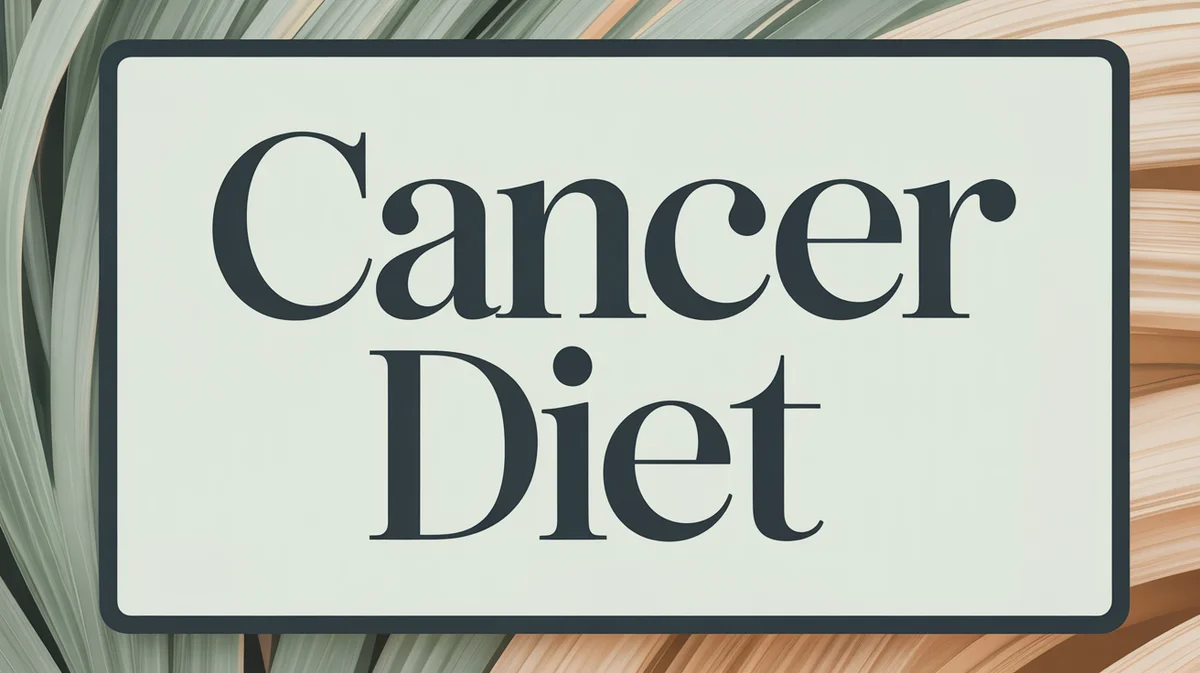Cancer Diet

ECIWO Differentiation Promoters and Cancer Diet
Emphasizing the significance of a high-protein diet during cancer recovery is crucial. As the body undergoes the rebuilding process, adequate protein intake becomes paramount. Ignoring this aspect may lead to detrimental outcomes. In addition, a nutritious diet, replete with essential vitamins and minerals, can substantially ease the healing process.
During embryonic development, every limb, organ, tooth, and even hair undergoes a series of transformational processes. The embryonic sequence, starting from the first cell division, moving through the cleavage and morula stages, and beyond, is reiterated in the development of every body part.
According to the ECIWO (Embryo Contains Information of the Whole Organism) theory, cancers can be viewed as embryo-like cell clusters trapped between the cleavage and morula stages of development. This jumbled mass of cells is undifferentiated, mirroring an embryo during the morula stage. Many anticancer drugs and therapies aim to eliminate these undifferentiated cell clusters. However, it's disheartening to note that some of these treatments might inadvertently encourage the emergence of new cancers.
ECIWO theory proposes an alternative approach to cancer therapy. Instead of annihilating the cancer, it focuses on stimulating the cancerous cells to progress beyond the cleavage/morula stages. This progression prompts the cells to normalize.
Certain plants and animals possess higher concentrations of hormones that incite cellular differentiation. Observable characteristics in plants, such as saw-tooth-edged leaves, compound leaves, hairs, thorns, and tendrils, signify more abundant differentiation-stimulating substances compared to simpler, smoother leaves.
Plants known for tillering, or those with rhizomes, runners, or tubers, also display a pronounced capacity for differentiation. Traditional Chinese medicine often employs lower, rapidly growing organisms like snails and scorpions, or their by-products, such as shed snakeskin, in cancer treatments. Additionally, the liver has demonstrated a significant potential to induce differentiation.
To fully harness the benefits of ECIWO differentiation promoter foods within the cancer diet, it's recommended that these foods be consumed raw whenever feasible. It's noteworthy that many alternative cancer diets incorporate numerous ECIWO differentiation promoter foods.
Cancer Diet Foods:- Group I: Asparagus, bamboo shoots, beans, blackberries, broccoli, cantaloupe, melons, cabbage, carrots, cauliflower, celery, Chinese cabbage, coriander, cucumber, cumin, dates, elderberries, garlic, ginger, grapes, kale, mushrooms, onions (especially bunching onions), parsnips, peas, peanuts, pineapple, potatoes, purslane, radish, raspberries, rutabagas, shallots, soybeans, sprouts (almost all varieties), squash, strawberries, sunchokes, sweet potatoes, tomatoes, turmeric, turnips, and watermelon.
- Group II: Chicken, liver, escargot, fish, sea cucumber, shrimp, and shellfish.
- Group III (Relatively weak anticancer differentiation properties): Almond, apple, apricot, mangosteen, orange, peach, plum, soursop, sunflower seeds, and whole grains.
Interestingly, traditional Chinese herbs employed for cancer treatment also display these differentiation promoter characteristics. Some of these Chinese herbal medicines include Agrimonia pilosa, the Astragalus family, Cimicifuga foetida, Dianthus superbus, D. chinensis, and many more.
ECIWO acupressure, when coupled with a diet rich in differentiation promoters, can be instrumental in combating cancer, especially once emotional distress has been addressed. Home